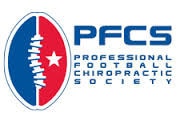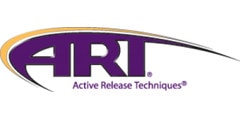Are you experiencing knee pain as a result of patellar tendonitis?
Patellar tendonitis occurs at the attachment of the patellar tendon, This tendon is located on the front of the knee directly below the kneecap (patella). Its main function is to connect the rectus femoris (quad muscle) to the tibia (shin bone) and help you straighten or extend your knee.
Pain associated with this area is commonly diagnosed as patellar tendonitis, but often that is not the whole story. If you’ve been given this diagnosis and proceeded to treat with NSAIDs and rest, please keep reading, as your condition is simply getting worse without symptoms.
What causes this injury?
Excess loads on this tendon are to blame for the development of this injury. The knee is a very stable joint when all structures associated with it are working properly.
If you are getting knee pain, something is not right, and your body is trying to warn you that the knee joint or patella tendon is taking on extra load.
Problems with the hip and/or ankle could be contributing to this condition as well. For more on those conditions check other pages on our site to get an explanation of possible dysfunction.
The silent killer of the patella tendon
The worst case scenario is that this dysfunction of the knee has been going on for a long time and you have just kept pushing through it.
This can lead to a serious condition called “tendinosis.” Completely different from tendonitis where the tendon is simply inflamed from being irritated over a short period of time, tendinosis is actually a degenerative (breaking down) condition of that specific tendon.
The tendon is not receiving enough blood on a consistent basis to help repair the damage you are doing by continuing with your sport, activity, or workouts.
The bottom line is that you need to see a professional chiropractor in Elma to help diagnose everything involved in your condition. All too often, we settle for asking a friend that has had the same problem and settle for what we WANT to hear.
It’s the easy way out at the time, but in reality, you are setting yourself up for a more serious problem down the road. Approximately 97% of tendon tears are the result of a degenerated tendon.
Healthy tendons don’t tear and don’t hurt. And they most certainly don’t take extra reps to warm up in order to use them.
Certified in Advanced Chiropractic Care




